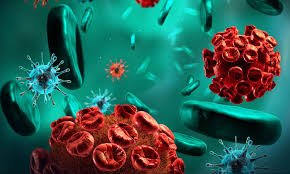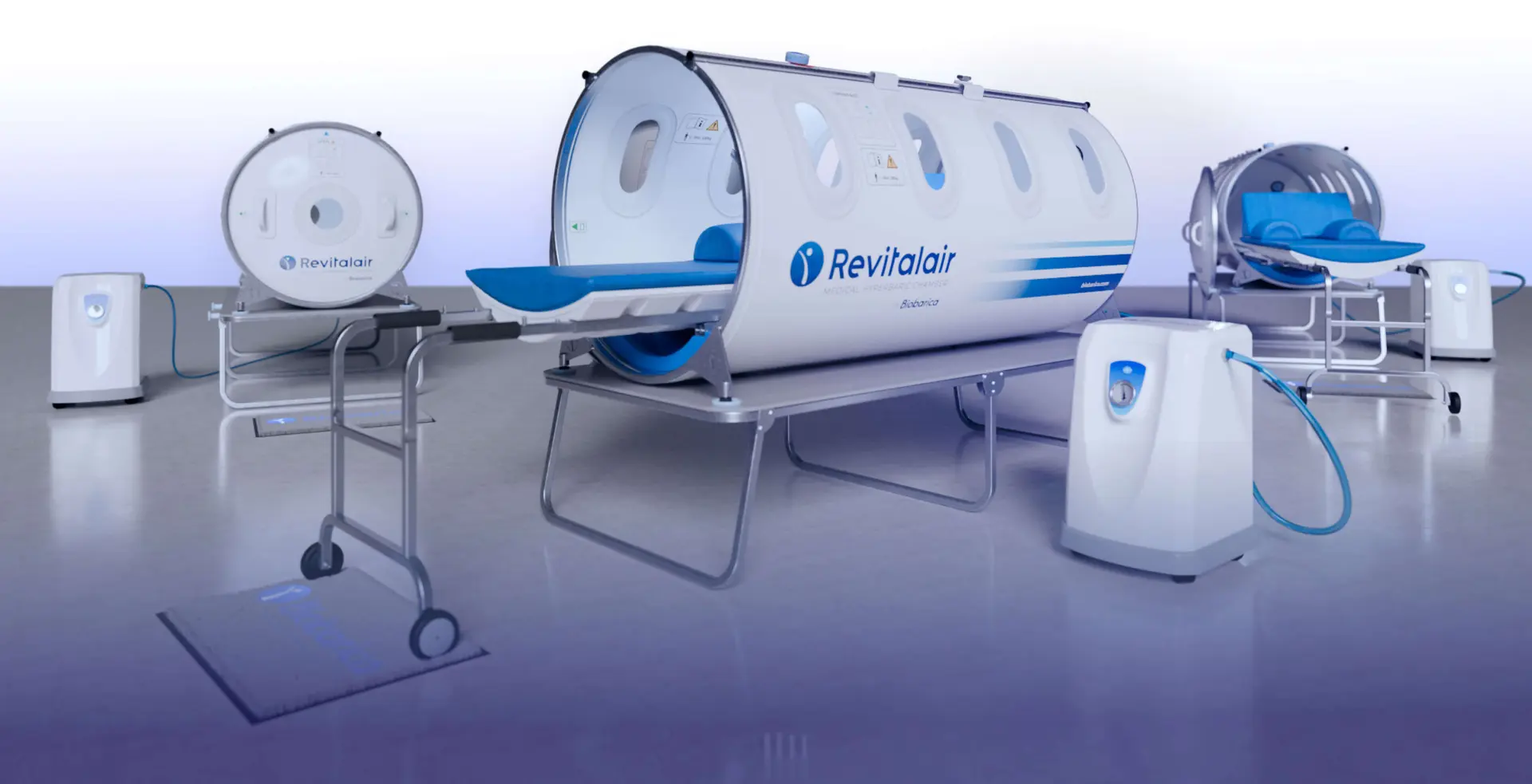Auto-immune disease might sound like a strange combination of words, but every day it becomes more and more relevant to our health.
Fifty million Americans have one or more autoimmune diseases, and that number is rising. That is one in 5 Americans! An often underdiagnosed disorder, it has been shown that it takes an average of 20 doctors to finally get a diagnosis of autoimmune disease.
An autoimmune disease occurs when the body mistakenly attacks its own tissues, leading to a wide range of symptoms throughout the body. There are many different autoimmune diseases, including Autoimmune Thyroiditis, Multiple Sclerosis, Rheumatoid Arthritis, Crohn’s disease, and Lupus. The rise in autoimmune disease parallels an increase in allergies and cancer and a decrease in infectious diseases, creating the basis for the hygiene hypothesis. This theory suggests that as society becomes more obsessed with cleanliness to avoid becoming sick, many people’s bodies are losing their ability to distinguish between self and non-self, causing the immune system to make more mistakes.
Some of the potential causes for auto-immunity may include:
-
Toxins (such as Mercury and Heavy Metals)
-
Low-grade chronic infections, such as Epstein Barr Virus (EBV)
-
Stress (including mental and emotional stress)
-
Leaky Gut Syndrome
-
And many other stressors…
Often, the source of auto-immunity is Leaky Gut Syndrome, where undigested proteins may be mistaken as foreign. Through molecular mimicry, the body proceeds to attack these proteins, which unfortunately may have a similar structure to proteins that make up the thyroid tissue, resulting in thyroid tissue antibody formation, leading to a condition called Hashimotos Thyroiditis. Similarly, the body may mistakenly attack collagen and produce autoantibodies against its joint tissues, leading to Rheumatoid Arthritis.
Unfortunately, conventional medicine is limited to treating the symptoms of autoimmunity by introducing anti-inflammatories and immune suppressants, all of which have side effects.
Autoimmune disease, therefore, represents one of the most complex diseases to diagnose and treat. The key is to identify critical stressors and then gently remove them. Using a combination of traditional medicine, functional medicine, and biological medicine, the key is to identify the triggers of autoimmunity to reduce autoimmune flares by reducing the triggers and reducing inflammation. Ongoing evaluation and treatment are typically needed. Sometimes, herbals are needed to balance the immune system, such as TH1 and/or TH2 supports or other supports to help immunomodulation. Microbiome support, such as pre and probiotics, omega-3 fatty acids, fulvic/humic acids, as well as general anti-inflammatories, are helpful. Gluten is a common culprit in leaky gut syndrome and auto-immune disease and should, therefore, be avoided if autoimmune disease is suspected. There are advanced laboratory tests for auto-immunity. Please contact us for further evaluation.



